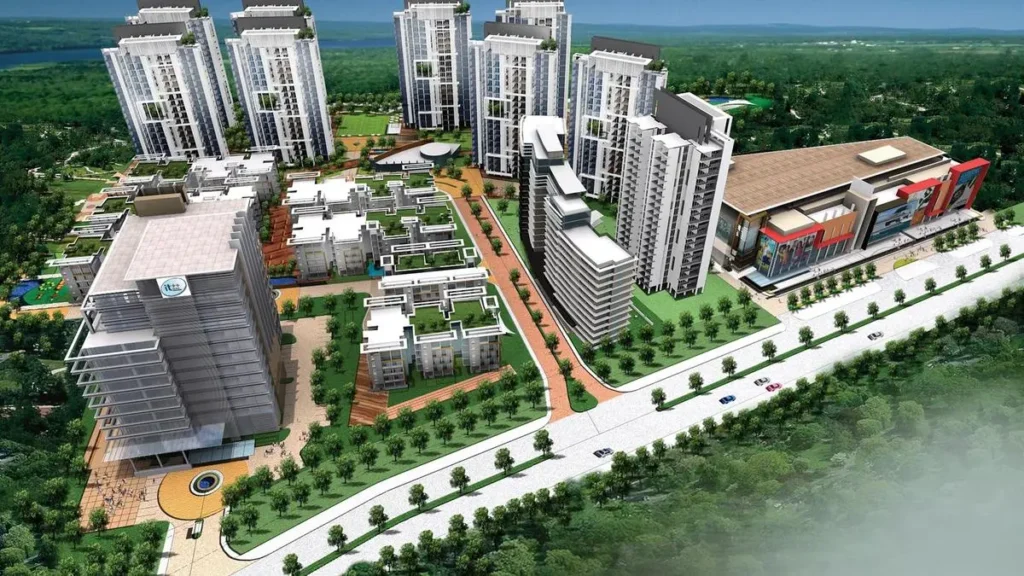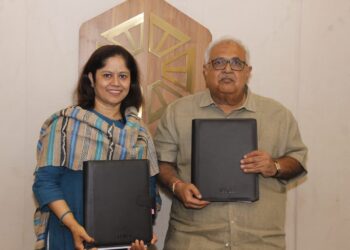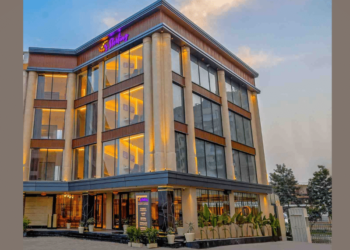-KH News Desk (editorial1@imaws.org)

The Federation of Hotel and Restaurant Associations of India (FHRAI), the apex body of the country’s vast hospitality sector, is set to convene a monumental event in New Delhi on November 24, the FPO–Hospitality & Farmer’s Benefit Summit. Under the compelling theme, “Bridging Fields to Forks: Strengthening Agri–Hospitality Linkages for Inclusive Growth,” the summit is poised to redefine the supply chain dynamics that connect the farmer’s field directly to the consumer’s plate in the nation’s rapidly expanding service industry.
This event is far more than a conventional trade meeting; it represents a strategic, concerted effort to solve perennial challenges plaguing India’s agricultural supply chain, while simultaneously empowering rural economies and bolstering the hospitality sector’s commitment to sustainability and local sourcing. It aims to establish a resilient, transparent, and mutually beneficial ecosystem.
The Imperative for a New Linkage
India’s economy stands on two colossal pillars: agriculture, which employs a significant portion of the population, and the hospitality sector, a major contributor to GDP, employment, and regional development. Despite this symbiotic relationship—where hotels and restaurants rely heavily on farmers for fresh produce, grains, dairy, and processed foods—structured and institutionalized collaborations between the two have historically been limited.
The current system often involves multiple layers of intermediaries, which results in several critical issues. First, it leads to massive post-harvest losses, significantly diminishing farmer incomes. Second, it makes procurement complex and less transparent for large hospitality chains, often compromising their sustainability and local sourcing goals. The summit directly addresses this structural gap by creating a national platform for Farmer Producer Organisations (FPOs)—the collectives designed to give farmers better bargaining power—to interact directly with major hospitality buyers.
A Unified Platform for Direct Action
The FPO–Hospitality & Farmer’s Benefit Summit is structured to facilitate these critical direct interactions. Over 500 participants are expected, including top industry leaders from major hotel groups and restaurant chains, progressive FPO representatives from across India, and, crucially, key government policymakers.
The participation of governmental bodies like the Ministry of Tourism, the Ministry of Agriculture & Farmers’ Welfare, the Ministry of Food Processing Industries, NABARD (National Bank for Agriculture and Rural Development), APEDA (Agricultural and Processed Food Products Export Development Authority), and NAFED underscores the event’s importance as a policy-shaping forum. By aligning industry needs with governmental support, the summit intends to create a clear roadmap for policy frameworks that incentivize direct procurement and sustainable supply chain management.
For the FPOs, the benefit is immediate and substantial: guaranteed, institutional market access and long-term contracts can stabilize their revenue, allow for better planning, and encourage quality standardization. For the hospitality sector, direct sourcing means access to traceable, high-quality, and often organic ingredients, simplifying logistics, enhancing cost-efficiency, and directly supporting corporate social responsibility goals related to community upliftment and environmental stewardship.
Empowering Rural Producers and Driving Inclusion

The heart of the FHRAI initiative lies in its commitment to rural empowerment and inclusive growth. FHRAI President Surendra Kumar Jaiswal emphasized this mission, stating, “India’s farmers and hospitality entrepreneurs are two vital pillars of our economy. By connecting them directly, we can create a model that benefits both rural producers and the service sector.”
He added that the summit’s mission is to “uplift rural producers and encourage long-term, sustainable partnerships,” paving the way for a unified, future-ready ecosystem that boosts both community well-being and national economic growth. This collaboration acts as a powerful catalyst for socio-economic change. When FPOs receive better prices and guaranteed offtake, it leads to:
- Job Creation: Improved farm profitability and structured logistics spur job creation in rural areas, encompassing processing, sorting, packaging, and transportation.
- Livelihood Enhancement: Stable income channels reduce financial volatility for farming families.
- Local Pride and Culture: Promoting local sourcing often means promoting indigenous and traditional crops, helping preserve agricultural diversity and regional food culture.
Moreover, the Summit aims to explore the integration of a circular economy framework within the agri-hospitality value chain, ensuring that waste generated by the hospitality sector can potentially be looped back into agricultural processes, further closing the sustainability cycle.
A New Era of Transparency and Resilience
The need for a resilient food supply chain has never been more evident. Global events have highlighted vulnerabilities in long, complex sourcing networks. By shortening the supply chain and making it more transparent through direct FPO-Hotel contracts, the summit lays the foundation for a more shock-resistant food ecosystem. The event will also feature case studies and presentations from FPOs demonstrating their capacity for large-scale, quality-controlled supply, such as producers offering saffron, organic millets, natural honey, and specialized processed products.
The FHRAI is leveraging its considerable influence—representing over 100,000 hotels and 500,000 restaurants—to make this institutional shift happen. The FPO–Hospitality & Farmer’s Benefit Summit is being hailed as a game-changer, not just for the two sectors it directly links, but for the wider national economy, promising to accelerate the movement towards a self-reliant and sustainably grown India. It is a necessary and timely step towards transforming what has often been a fragmented relationship into a robust and mutually supportive partnership.







